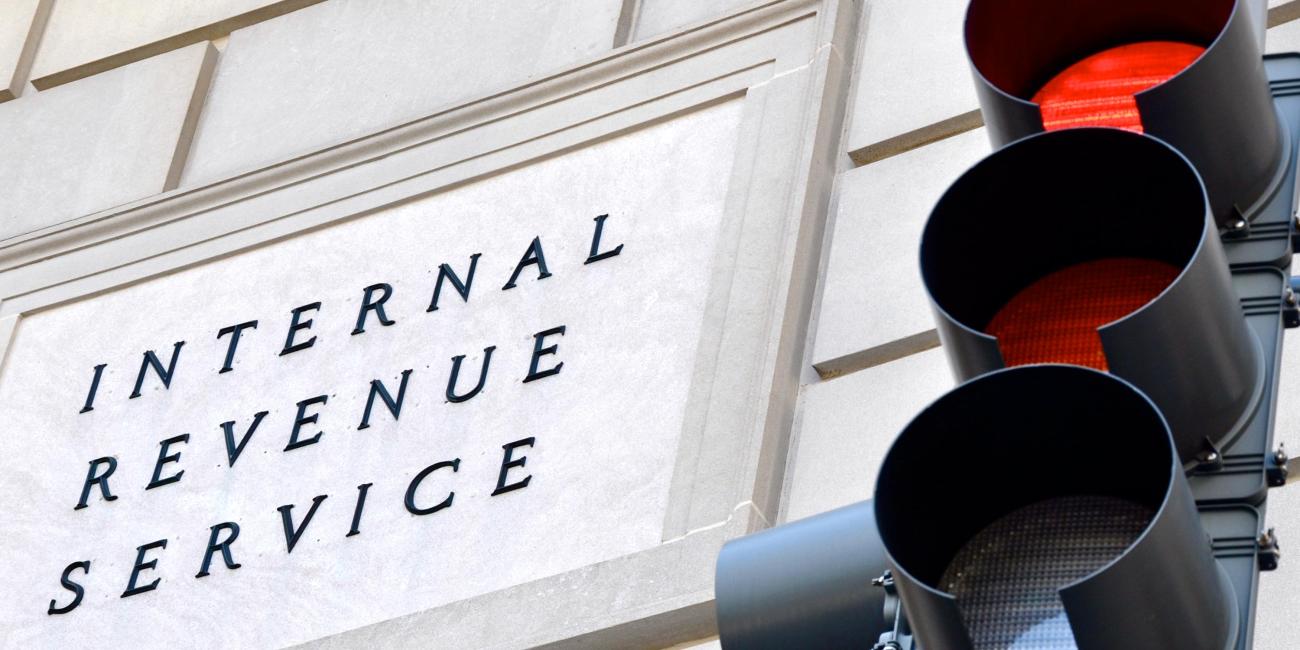IRS Provides Safe Harbor for Rental Real Estate Owner Tax Deduction

Section 199A Deduction Generally
Under section 199A, many owners of pass-through entities (such as sole proprietorships, partnerships, S corporations, and some trusts and estates) qualify for a tax deduction of up to 20% of their qualified business income (QBI). QBI is the net amount of qualified items of income, gain, deduction, and loss from any qualified trade or business.
“Trade or Business”
There is no bright-line test as to what constitutes a “trade or business,” which the IRS generally defines as “an activity carried on for a livelihood or in good faith to make a profit.” Whether a trade or business exists depends on the facts and circumstances of each case. Regularity of activities and the production of income are important elements, and a profit motive and ongoing efforts to further the interests of the business are necessary for the trade or business to exist. Knowing the uncertainty present under existing tax law regarding whether rental real estate owners are eligible for the deduction under section 199A, the IRS previously released Notice 2019-07, a proposed version of a safe harbor, for determining when rental real estate activities constitute a “trade or business.” Revenue Procedure 2019-38 finalized that safe harbor with certain modifications, clarifying that a “trade or business” is deemed to exist in the context of rental real estate, provided the safe harbor requirements are satisfied.
The Revenue Procedure specifically noted that failure to satisfy the safe harbor requirements does not preclude a taxpayer or the IRS from otherwise establishing that an interest in rental real estate is a “trade or business” for purposes of section 199A. This clarification is favorable for owners of rented real property that may find the requirements of the safe harbor requirements (discussed below) to be too onerous to satisfy, but that are otherwise able to establish that a “trade or business” exists under general tax principles.
Safe Harbor Requirements
Effective for tax years ending after December 31, 2017, the safe harbor is available to taxpayers and relevant pass-through entities interested in claiming the deduction with respect to a “rental real estate enterprise.” For the purpose of section 199A, the Revenue Procedure defines a “rental real estate enterprise” as an interest in real property held to generate rental or lease income.
Below are the requirements outlined in the Revenue Procedure for a rental real estate enterprise to satisfy the trade or business requirements under section 199A:
- Separate books and records must be maintained to reflect income and expenses for each rental real estate enterprise.
- For rental real estate enterprises that have existed for less than four years, 250 or more hours of rental services must be performed per year. For other rental real estate enterprises, 250 or more hours of “rental services” must have been performed in at least three of the past five years. “Rental services” specifically include (i) advertising to rent or lease the real estate; (ii) negotiating and executing leases; (iii) verifying information contained in prospective tenant applications; (iv) collection of rent; (v) daily operation, maintenance, and repair of the property, including the purchase of materials and supplies; (vi) management of the real estate; and (vii) supervision of employees and independent contractors.
- The taxpayer must maintain contemporaneous records regarding the services performed (including a description of the services, the dates on which such services were performed, the identity of the person who performed the services, and the total hours spent performing the services). The contemporaneous records requirement applies to tax years beginning on or after January 1, 2020.
- The taxpayer or relevant pass-through entity must attach a statement to its tax return filed for the tax year(s) for which the taxpayer relies upon the safe harbor, which statement must include a specific representation that the requirements of the Revenue Procedure have been satisfied.
Safe Harbor Points of Interest
Mixed-Use Interests are Eligible.
The proposed safe harbor left uncertainty as to whether mixed-use properties were eligible for the deduction under section 199A. The final Revenue Procedure provides that an interest in mixed-use property may either be treated as a single rental real estate enterprise or may be bifurcated into separate residential and commercial interests. For additional clarity, the final Revenue Procedure also defines “mixed-use property” as a single building that combines residential and commercial units. Should owners try to utilize the safe harbor for a mixed-use property as a single rental real estate enterprise, they should be aware that it may not be treated as part of the same enterprise as other residential, commercial, or mixed-use property. The eligibility of mixed-use interests is favorable to taxpayers, but it does prompt owners to evaluate their property portfolios to decide whether bifurcation is favorable to categorizing a mixed-use property as a single enterprise.
Extensive Record-Keeping Requirements May Prompt a Shift in How Employees and Independent Contractors are Supervised.
Despite requests of many commenters to lower the number of rental services hours required to satisfy the proposed safe harbor, the IRS retained a requirement of 250 rental service hours for safe harbor eligibility in the final Revenue Procedure. This compliance burden is reduced in part by allowing the services of both employees and independent contractors to satisfy the requirement. Owners should find this allowance favorable, but it requires consistent and detailed invoicing practices with service providers (which may require adjustment to existing practices).
Triple Net Leasing is Ineligible for the Safe Harbor.
Property leased under a triple net lease is not eligible for the safe harbor. Commenters requested a clear definition of a “triple net lease.” The IRS responded that for the purposes of the Revenue Procedure, a triple net lease includes a lease agreement that requires the tenant or lessee to pay taxes, fees, and insurance, and to be responsible for maintenance activities for a property in addition to rent and utilities. The IRS further clarified that this includes a lease agreement that requires the tenant to pay a portion of the taxes, fees, and insurance, and to be responsible for maintenance activities allocable to the portion of the property rented by the tenant. Although triple net leases are not eligible for the safe harbor, this does not preclude the owner from otherwise establishing that the rented real property constitutes a “trade or business” under general tax principles for purposes of section 199A.
Takeaways
- Owners of mixed-use properties should evaluate their portfolios to decide whether bifurcation or single enterprises are preferable when categorizing their interests for purposes of the safe harbor. Should owners try to utilize the safe harbor for a mixed-use property as a single rental real estate enterprise, they should be aware that it may not be treated as part of the same enterprise as other residential, commercial, or mixed-use property. These considerations are especially pertinent due to the requirement for separate record-keeping, which will be necessary should an interest be bifurcated. Therefore, the earlier these considerations are made, the better prepared owners will be to meet the 250 hour requirement.
- Beginning in 2020, separate and contemporaneous records are required for safe harbor eligibility. Owners interested in availing themselves of this safe harbor may need a new approach to recordkeeping for their rental properties. Employees and independent contractors do not always report the amount of hours spent servicing a property. Each organization should consider what documentation it will need in 2020 and subsequent years so as to satisfy contemporaneous requirements.
- Owners with rented real property in their portfolios should evaluate their leases to see whether they constitute triple net leases for the purposes of the safe harbor and, if so, whether such leases may nonetheless satisfy the “trade or business” requirement of section 199A under general tax principles.
Contacts
- Related Practices

